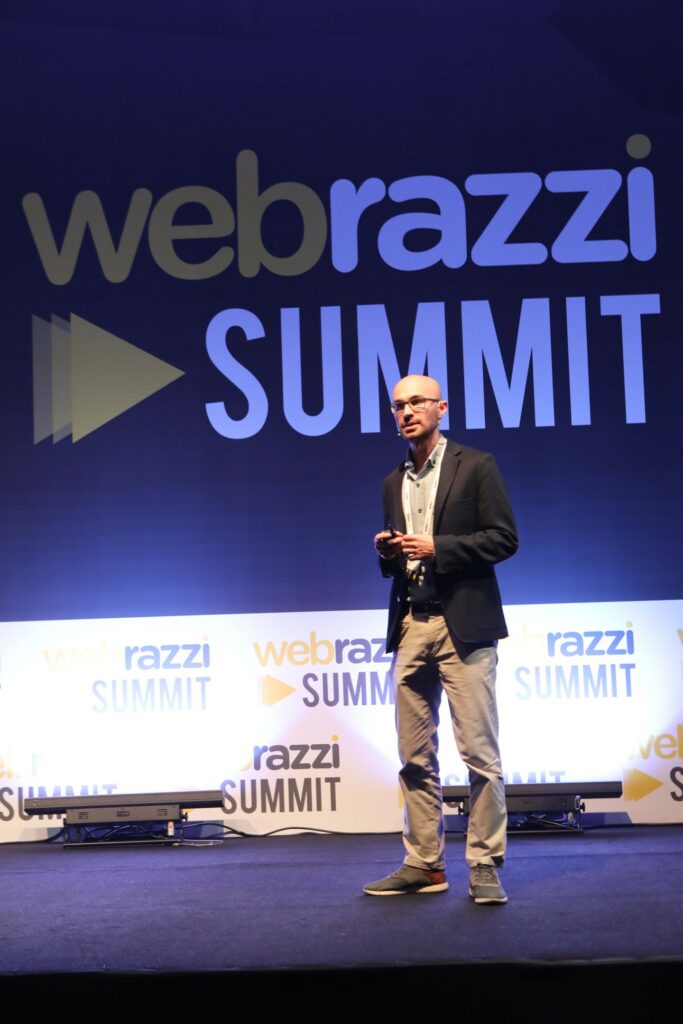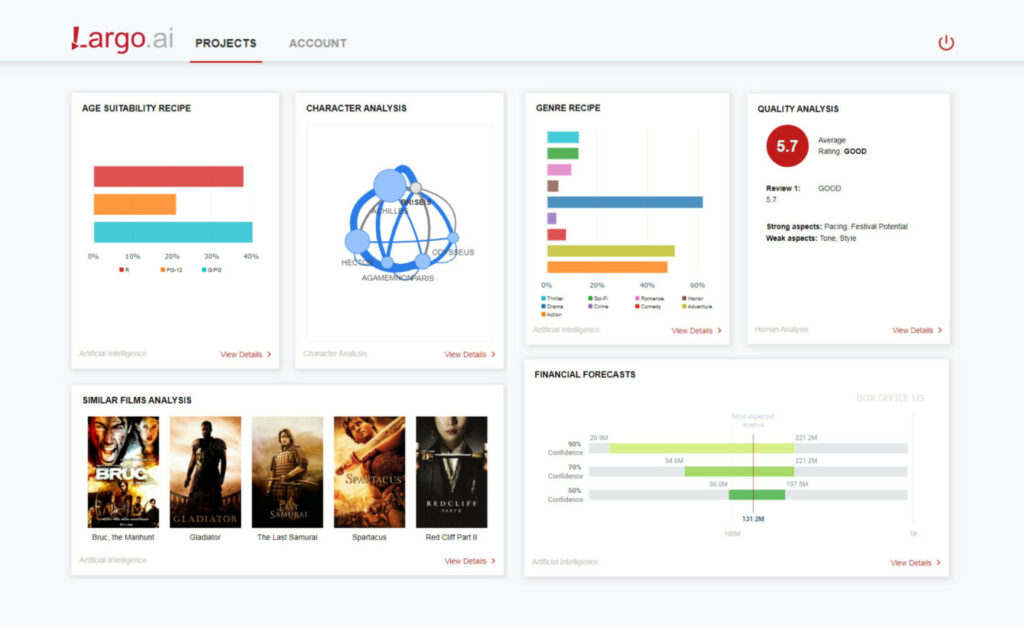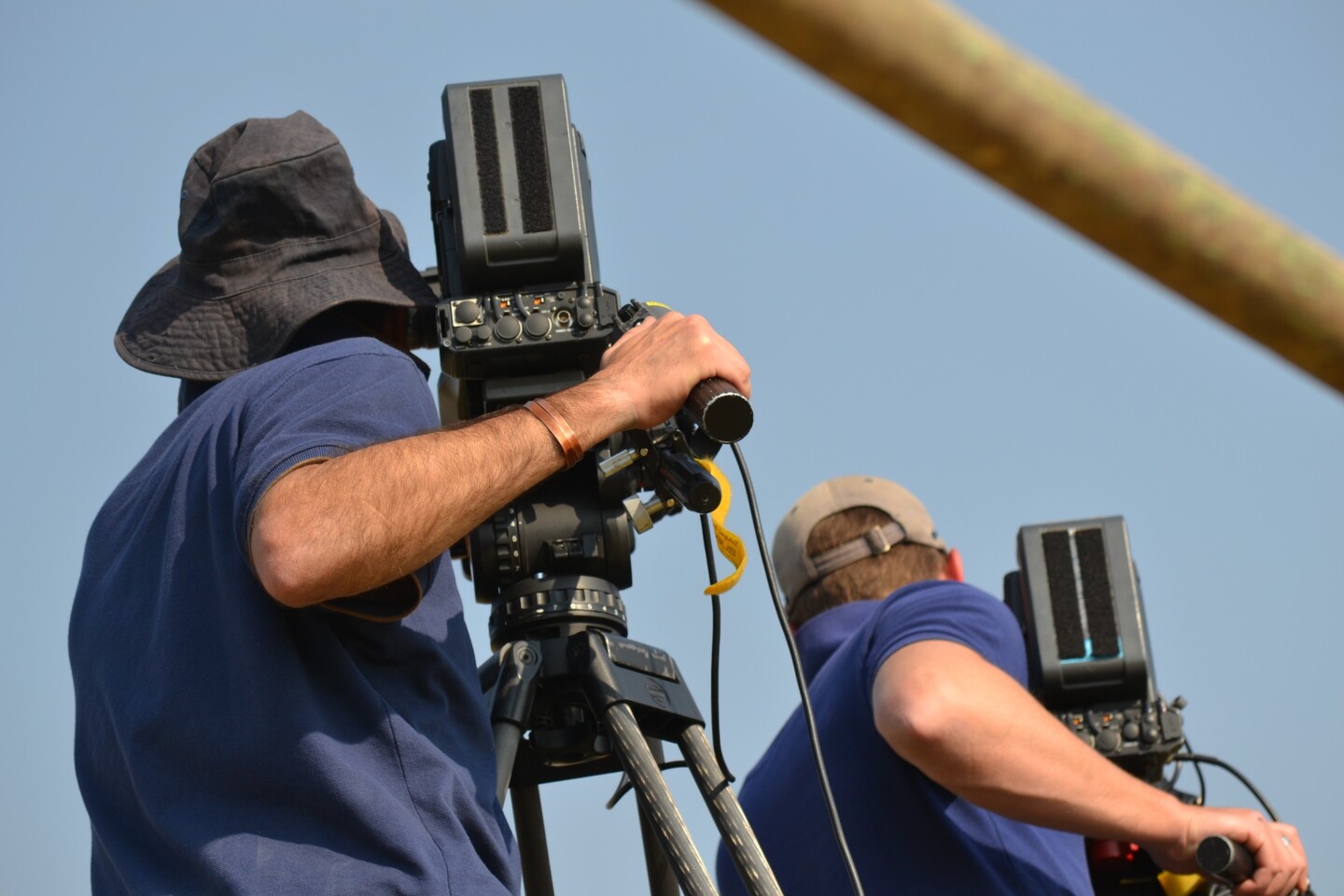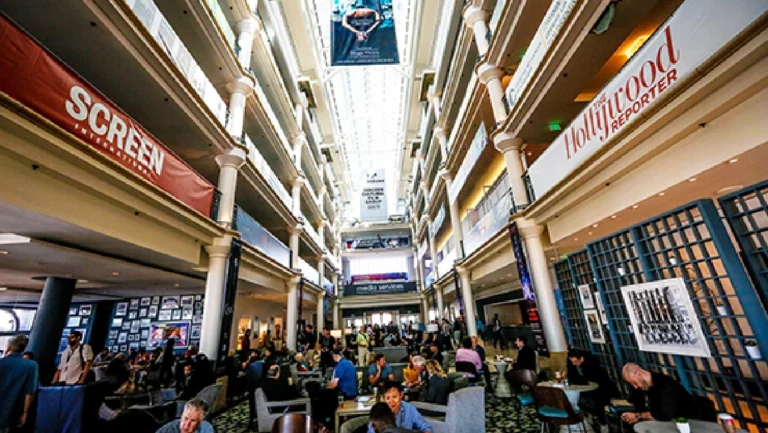It is an interesting irony that one of the most influential industries in shaping our perception and expectations of new technologies, the movie business, now fears the very technology that could save it.
From Fritz Lang’s Metropolis (1927) to Ridley Scott’s Blade Runner (1982), movies have highlighted the danger of humans creating a future dystopia through our creation of advanced technologies.
Movies such as The Terminator (1984) and The Matrix (1997) have served to cloud our collective vision of the future, tarnishing it with an image of self-aware machines taking over and attempting to subjugate or destroy humanity.
It is therefore not a great surprise that the very industry that is responsible for these dystopic visions should find the latest advances in artificial technology such a threat.
Instead of seeing AI-assisted moviemaking as a tool to help them improve their movies, most movie professionals see it as the end of the movie business as we know it.
To dispel these untruths, here are the top 3 myths about AI moviemaking debunked.
1. Artificial Intelligence will replace movie industry Professionals
The biggest myth that surrounds AI in the movie industry is that it is out to take over people’s jobs and automate movie production.
Given that AI can help in just about all areas of movie production, from casting decisions to editing, no industry insider feels safe. However, this viewpoint fly’s in the face of why AI programs for the movie industry were created in the first place.

Largo.ai CEO Sami Apra cleared up this point when he stated that in our latest Marche du Film event, “there is a common misconception about the goals of artificial intelligence development in film. At Largo.ai, our goal is to empower filmmakers with the tools they need to succeed. Whether this is with gross earning predictions or feedback on changes that could make their scripts better, our AI simply acts as a very well informed guide rather than something that want to take over.”
Current AI technologies are nothing more than guides that help filmmakers to get a better perspective of how their decisions will affect the movie’s impact and financial return. Filmmakers are able to consider and even test alternative decisions to see what effect this will have on the audience.
Looking into the future, it is certain that filmmakers will increasingly rely on AI consultation. Since AI programs improve the more they are used, their accuracy will become indispensable to filmmakers. Gradually, we will see AI systems take a bigger role in the planning side of movie production, even in shoot scheduling, where such data as weather predictions can be easily factored in.
However, AI will not master creative understanding for decades. Since the movie industry is driven by creativity, it is more likely that audiences will have given up on watching movies long before AI has the ability to even make the most basic inputs to the creative side of the business.
2. Artificial Intelligence doesn’t work
Artificial intelligence assisted moviemaking is one of the most recent applications of AI technology. As such, it is currently only fulfilling the tip of the iceberg in terms of its true potential.
The rather slow adoption of AI by the movie business is not simply because of the fear movie industry insiders have at losing their jobs. A big part of the apprehension also results from a lack of understanding of what the current technology can do.
At the current time, the main areas that AI has seen sufficient development are gross earning predictions, casting decisions, script analysis, and video analysis.
Given the potential of gross earning predictions to help prevent box office flops, this is the area that is seeing the biggest levels of interest. Already, major companies like Sony Studios are using
AI big data analytics to aid their greenlighting decisions. Companies risk losing everything if they get left behind, so widespread industry adoption is only a short while away.
Largo.ai is already achieving an 86% average success rate when it comes to movie greenlight predictions. This accuracy will only increase the more the system is used and is able to learn. This makes such tools indispensable to the movie business by helping them avoid box office failure and to manage budgets more effectively, etc.

3. Artificial Intelligence will kill creativity
Another popular misconception about AI is that it will kill creativity in the movie business.
The idea behind this is that it will provide insights that conflict with the vision of the creative element of the production. So, for example, AI might suggest an alternative star for the movie or a different ending, etc., something which would conflict with the writer and director’s vision.
It would then become a financial decision vs. a creative one, a battle that will inevitably be one by the financial side, something which critics say would stifle creativity.
However, despite the common audience believe that a movie is the sole vision of the director, it is in fact, a collaborative effort that always involves input from third parties. Take, for example, the now inseparable musical score of Johann Strauss’s The Blue Danube with the earth to space station scene in Stanley Kubrick’s 2001: A Space Odyssey (1968).
Were it not for a simple coincidence in which this track was playing in the editing room as this scene was being cut together, and the suggestion to Kubrick that it be included, then cinema might have lost one of the greatest scenes in its history.
AI should be seen in the same light, as a tool for third party insights that can help to improve movies. It will only require that producers and the creative element are able to collaborate together more closely. When the system flags a change, the two parties will be able to sit down to decide on the best course of action.
In some cases, AI will also help promote creativity. By suggesting subtle changes, AI might well help more directors create such classic scenes as we saw in 2001: A Space Odyssey.
It is an interesting irony that one of the most influential industries in shaping our perception and expectations of new technologies, the movie business, now fears the very technology that could save it.




